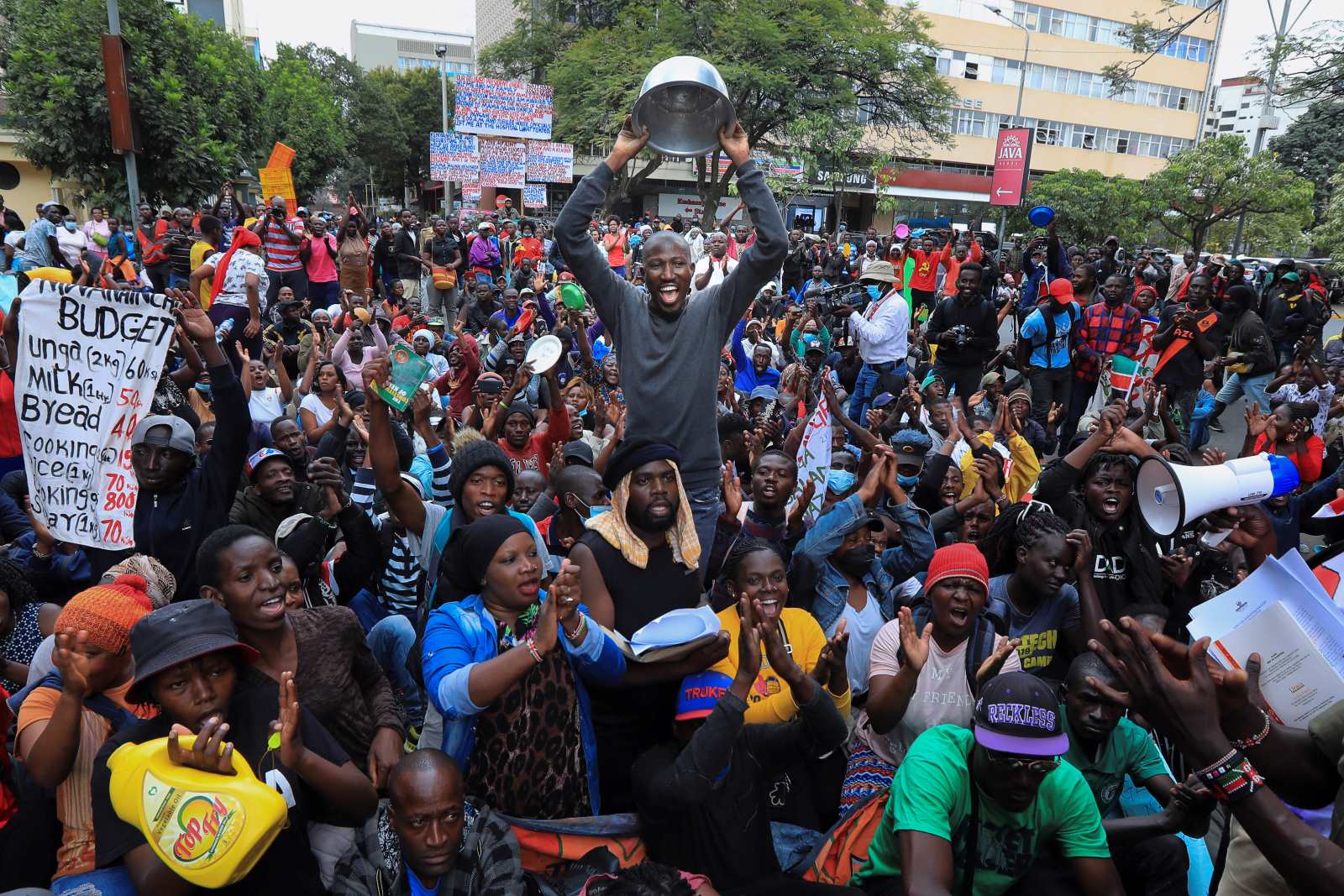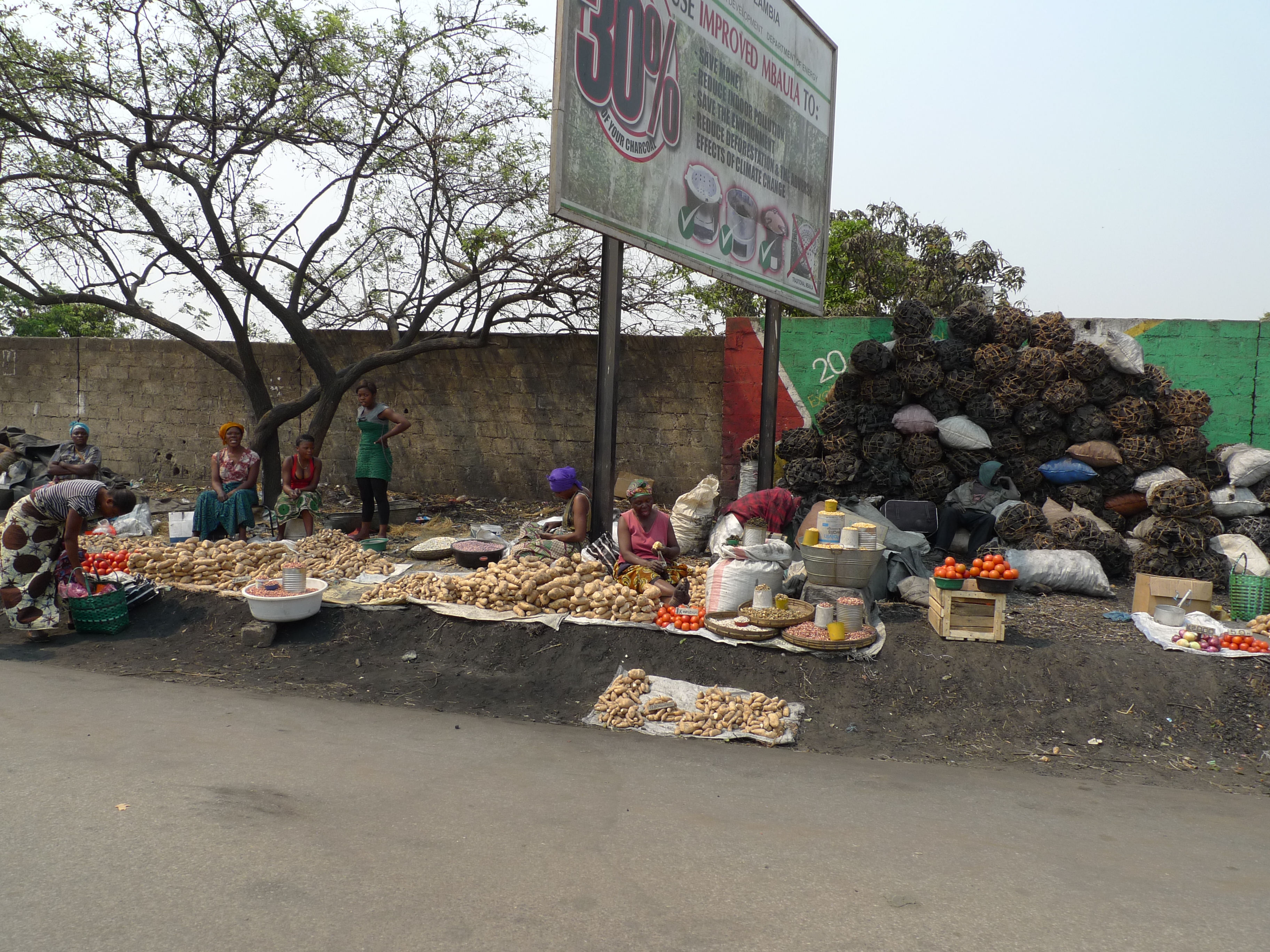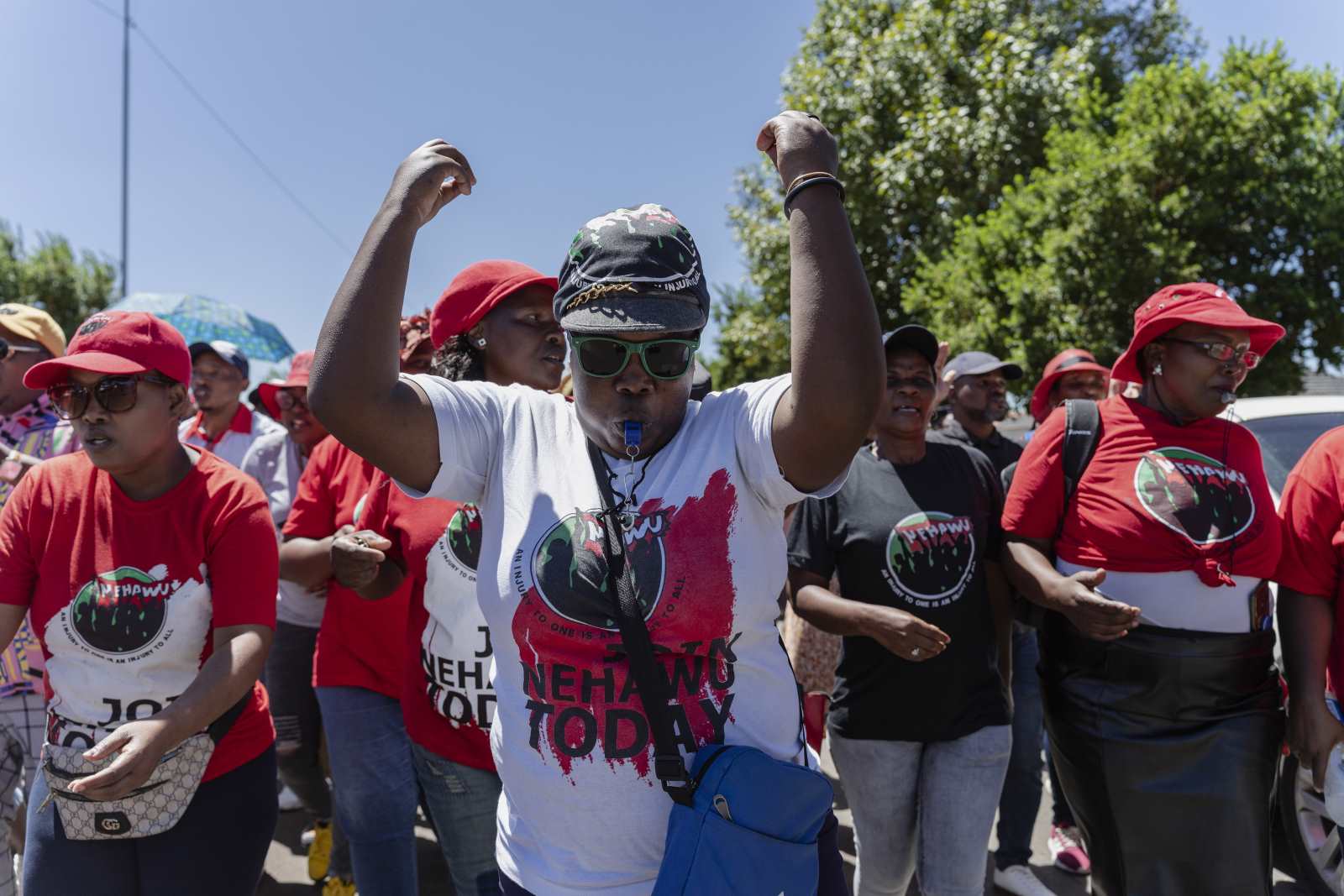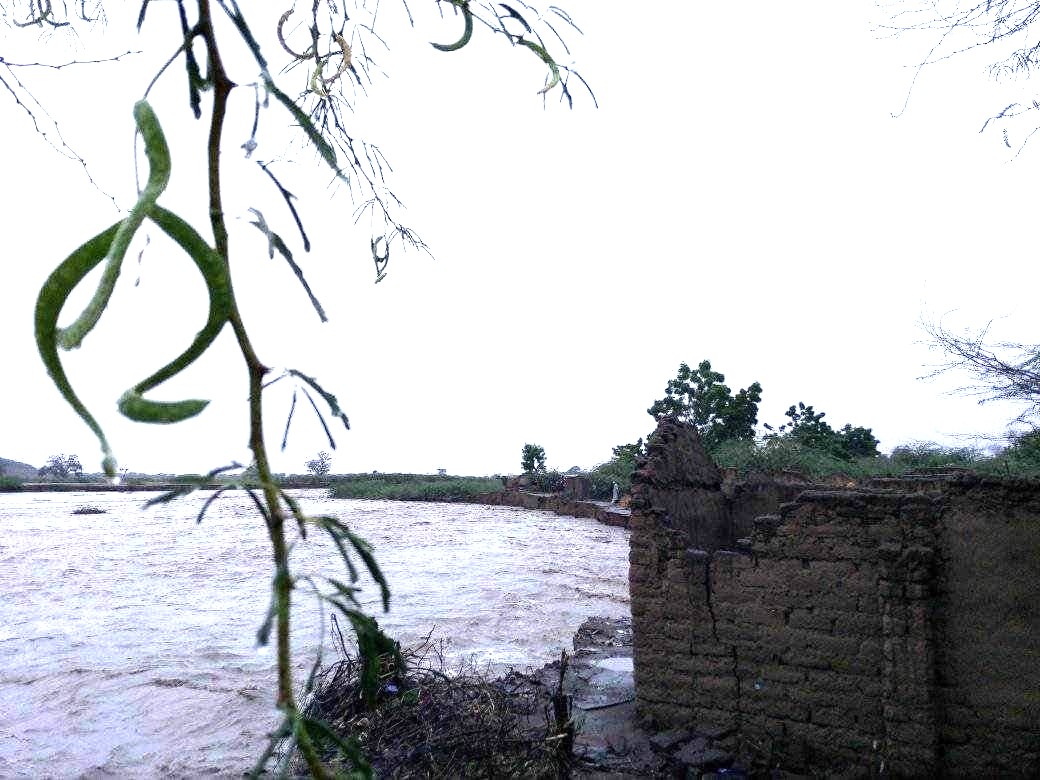Global crises, local impacts
When a relatively strong African country is struggling on all fronts
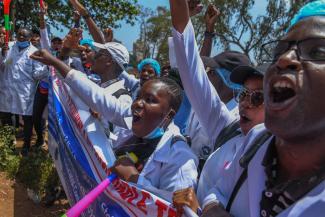
I have a second home in Nairobi and regularly work there, fulfilling my duties as a member of D+C/E+Z’s editorial team. In recent weeks, Kenya’s problems felt worse than they did in a long time.
To a certain extent, political stability has benefited from opposition leader Raila Odinga scaling down his resistance against President William Ruto. Last year, Odinga had led his supporters in week-long protests. He now has a new goal, however, hoping to become president of the AU commission. That is the top supranational position in Africa.
On the other hand, multiple global crises are currently hitting Kenya hard. The country has become a test case over what happens to a nation when the international community does not get a grip on global problems.
As many African governments do, Kenya’s is spending a large share of its revenues on debt servicing. Its sovereign debt now amounts to almost 68 % of GDP. A Eurobond worth $ 2 billion is due in June. Accordingly, the government is cutting social spending, and that means hardships in daily life.
Empty hospitals
About 3000 young physicians cannot find jobs, even though public hospitals are dramatically understaffed. In early March, a major trade union of medical doctors went on strike, so about half of Kenya’s physicians stopped working. The hospitals are empty, and a great number of people do not get medical treatment. Many hospitals also lack pharmaceuticals and food. The strike affects poor patients most because they cannot afford treatment in expensive private clinics.
Nurses and technical staff similarly struggle to find work even though hospitals would need many more of them. Unpaid internships are common, after which hospitals demand free „voluntary” work in exchange for the promise of a paid position – sometime in the future, whenever funding may become available again.
One medical technician told me he was now either sleeping in the clinic at night or staying with friends. He has not been able to pay rent for a long time. He is ready to leave Kenya as soon as he gets a job offer. Many others share his attitude. People know that European countries need skilled workers.
The education sector is ailing as well. Public schools must do with about half of their official budgets. Struggling to keep operating, schools once again started the Easter vacations two weeks early, cancelling classes. The opening of the schools has now been postponed by another week at the last minute.
Torrential rains
This is again due to the fact that torrential rain has been pouring down for weeks. Large slum areas are flooded. At least 169 people have already lost their lives and dozens are missing. Every day, text messages from the Red Cross alert people to broken dams and flooding in various parts of the country. In the current scenario, nobody is thinking about improving infrastructure or other adaptation measures. Only the North had been hoping for rain. After beginning to recover from extreme drought late last year, some regions there are now submerged as well.
Inflation has gone down a bit, and food and fuel prices have dropped slightly. Nonetheless, people’s needs too often remain unmet. When humanitarian agencies distribute food, even elderly and sick people in supposedly stable regions travel long distances from remote villages to collect two small packages of maize meal.
Kenya is one of the 10 largest African economies. The Human Development Index ranks it 17th among African countries. The continent thus has countries which are worse hit by global crises and less prepared to deal with them.
Kenya is at peace moreover. Conflict-torn countries like Burkina Faso, the Central African Republic or South Sudan are certainly in a worse position. It is most concerning that a comparatively strong country like Kenya is on the brink of collapse, hardly able to withstand the pressure of global problems.
Katharina Wilhelm Otieno is a member of D+C/E+Z’s editorial team.
euz.editor@dandc.eu

